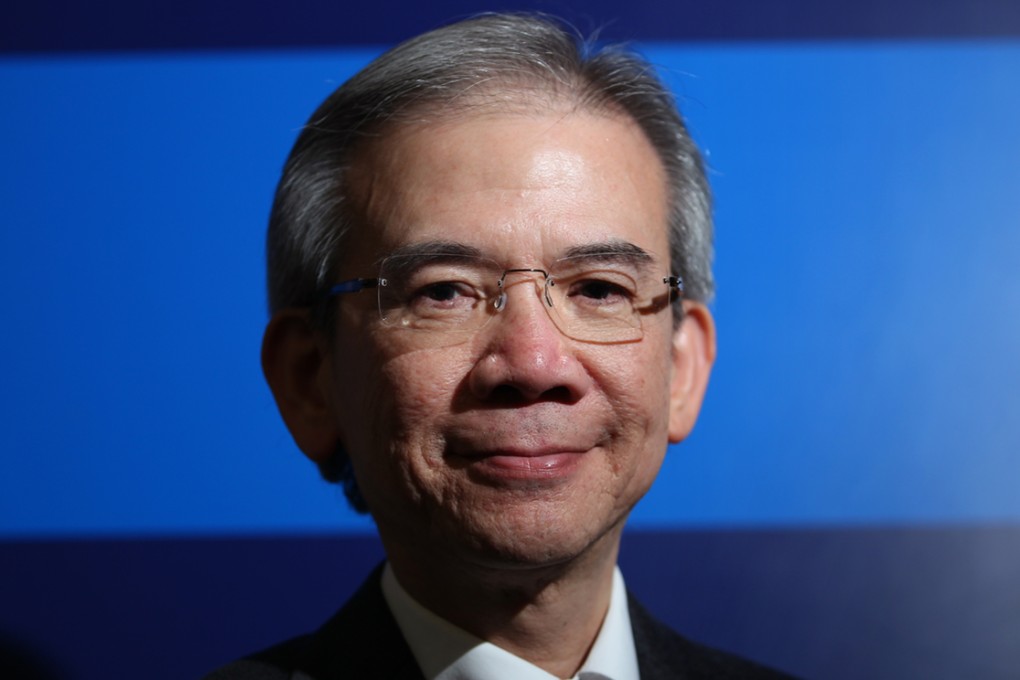Wait may help the Shanghai share link run more smoothly
Forty years ago on November 14, 1974, the Hang Seng Index fell to 179 points. The index was down from its peak of 1,774 in March 1973, having lost some 90 per cent of its value in 20 months.

Forty years ago on November 14, 1974, the Hang Seng Index fell to 179 points. The index was down from its peak of 1,774 in March 1973, having lost some 90 per cent of its value in 20 months. It bottomed out a month later on December 10, at 150 points.
The spectacular drop was due to two factors. First, the Bretton Woods currency system collapsed, leading to a crash of global stock markets in which the US dollar went into free fall and interest rates shot up correspondingly.
Second, oil prices jumped fourfold at the embargo Arab oil-producing states imposed on the West after Israel defeated Egypt and Syria in the 1973 Yom Kippur war.
As a result, the world went into an economic depression.
Four decades later, Hong Kong's per capita gross domestic product stands at a new height of US$39,000. The stock market, though not yet back to its peak of 31,352 in October 2007, is close to a three-year high.
The main driving force this time, however, is not the world economy, which remains in the doldrums. It is a combination of unprecedented low interest rates and a market boost resulting from the Hong Kong-Shanghai share trading scheme that is due to come into effect on Monday. This scheme is the first of its kind and is expected to make history for the Hong Kong stock market.